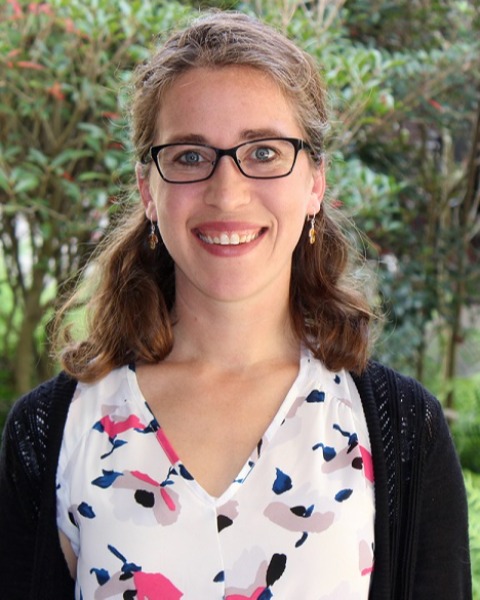Member Symposium
Plant-Insect Ecosystems
Thermal Ecology of Pollinators
How do plant-pollinator interactions and pollination services change in a warming world? A case study using wild and cultivated Vaccinium spp.
Sunday, November 5, 2023
10:40 AM - 10:55 AM ET
Location: Gaylord National Resort & Convention Center, Chesapeake 4-5

Rachel E. Mallinger
Assistant Professor
University of Florida
Gainesville, Florida
Presenting Author(s)
The vast majority of flowering plants, including many crops, require animal pollinators for optimal reproduction and fruit and seed set. Increased temperatures under a warming climate can affect pollination services through numerous pathways including altering the timing of plant and pollinator phenology, influencing floral traits and rewards to in turn affect pollinator recruitment, and changing the pollination requirements of the plant. Using a combination of historical data on plant and pollinator phenology, field data on pollinator activity, and experimental data on plant traits under different temperature regimes, we explore how temperature affects plant-pollinator interactions and pollination success in wild and cultivated blueberry Vaccinium spp. Our data show that under warmer temperatures, plant-pollinator phenological mismatch is likely to occur. While both pollinator and plant phenology advances with warmer temperatures, the rate of change is significantly greater for bee pollinators. We also found that the pollination period of blueberries is significantly shortened with warmer temperatures; however, pollinator activity and floral rewards used to recruit pollinators are increased during this short pollination period. Our findings show the potential for negative effects of warmer temperatures on both plant pollination and pollinator fitness due to increasing phenological mismatch, but also highlight strategies used by plants and pollinators to maximize foraging and pollination success under different weather scenarios.

.png)
